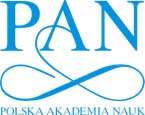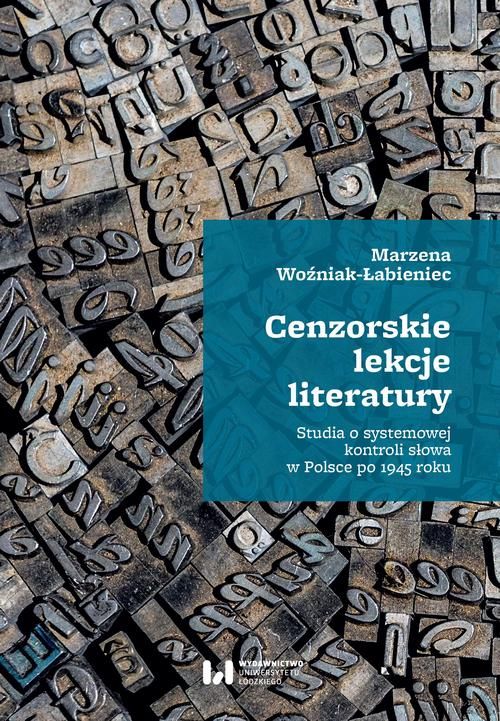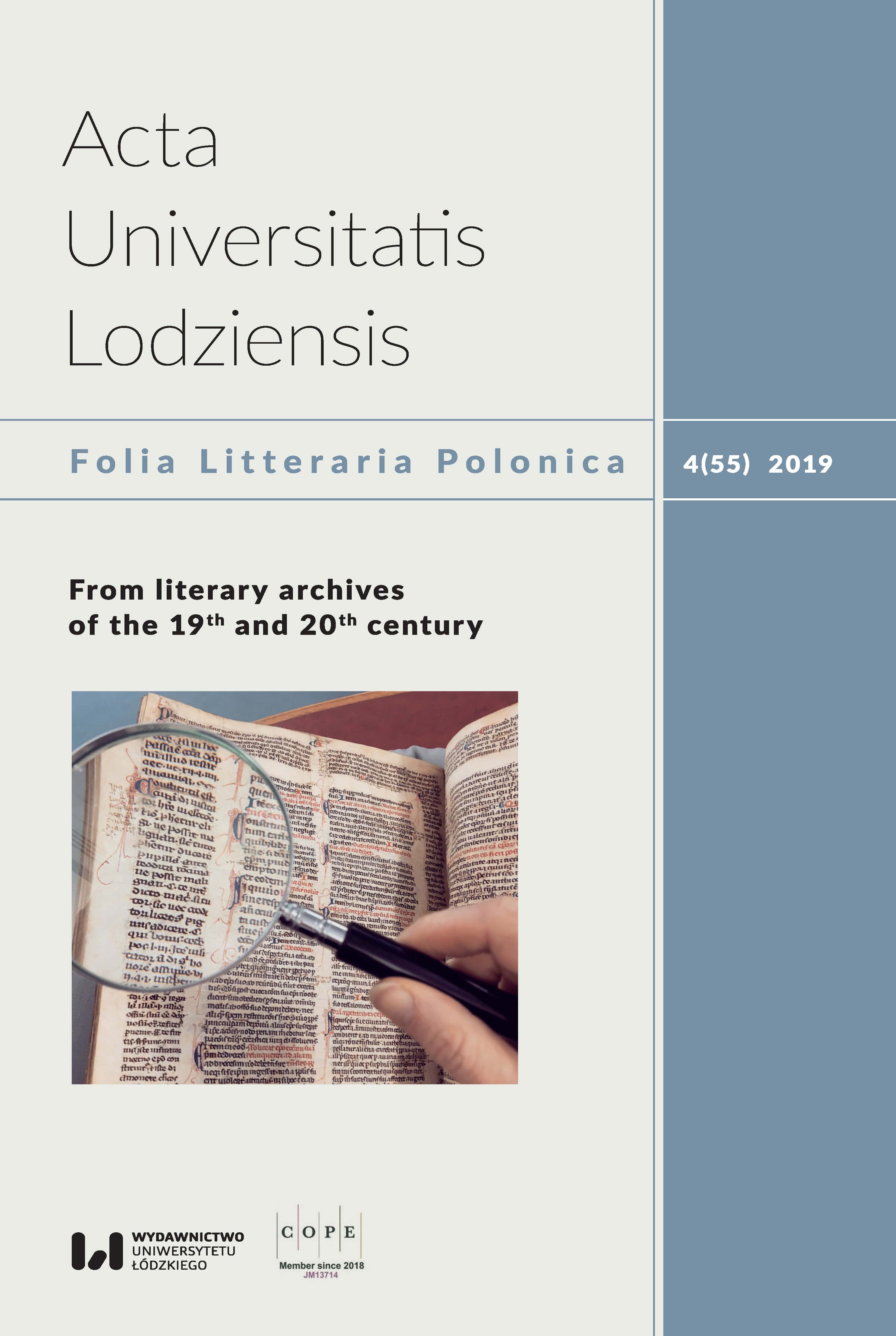Marzena Woźniak-Łabieniec
Tadeusz Różewicz was a poet for whom works of literature, poetry in particular, were never finite entities. He often changed his poems in consecutive editions. This article discusses the poem Ranny, several versions of which have survived, and which was included in Różewicz’s first poetic collection entitled Niepokój (1947). The discussion applies to the initial four versions of the poem: its evolution starting with the manuscript kept in the archive of the writer’s brother (Stanisław Różewicz), through two typescripts kept in the Archive of the “Odrodzenie” journal, to the first printed edition from that journal. The changes introduced by the poet, who in his actions seems true to the principles of the avant-garde, striving to fulfil the princi-ple proposed by Julian Przyboś, whom he considered a master: the least words, the most content.
Pobierz artykuł PDF ( english )
Ekaterina Andreeva, Vasily Vorobyov
In this article, the authors explore the creative method of Vladimir Aristov on the material of two poems with the involvement of the author’s comments and unique manuscripts. All stages of text creation are tracked. The unusual creative thinkingof V. Aristov can be called discrete or multi-layered. In fact, each stage of his work on a poem is a separate and autonomous layer, and the creative process itself is presented in the author’s mind as a transition from one level to another. It is shown that each work is created not only in layers, but also in its final version has a multi-level structure, which is clearly reflected by splitting the text into levels using a horizontal dotted line. Finally, layer motifs are also present in the semantics of V. Aristov’s poems (layers of personal memory, layers of history, geological layers, etc.).
Arkadiusz Morawiec
The article concerns the inclusion in the broadly understood Polish literature of the theme and motif of the Confinement Centre in Bereza Kartuska (1934–1939). I discussed in it the formation of the image of the concentration camp since it ceased its operation (in 1939), mainly defined by ideology and politics, including the politics of memory. I particularly focussed on works of literature regarding the Confinement Centre created after the Centre ceased its operations. Those include both recollections, mainly by communists (e.g. by Michał Mirski and Jan Wójcik), and works of fiction, including the short story Jestem by Leon Pasternak, the play Bereziacy by Karol Obidniak and Roman Sykała, and novels: Wzbierająca fala by Czesław K. Domagała, Król by Szczepan Twardoch, and Szakale by Robert Żółtek.
Pobierz dokument
Arkadiusz Morawiec
Pobierz artykuł PDF ( english )
Strona 3 z 3





